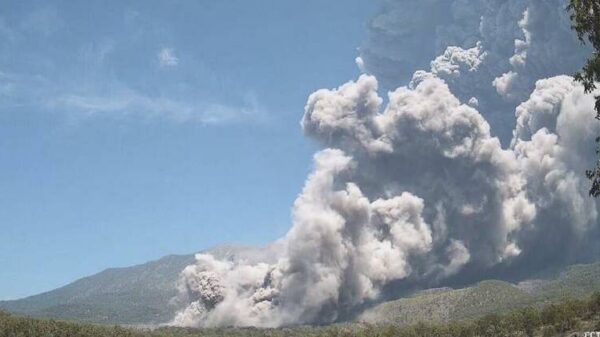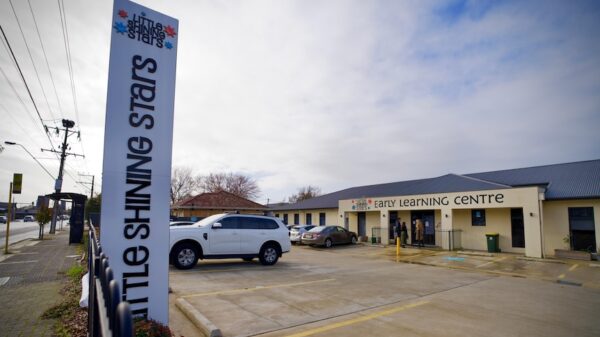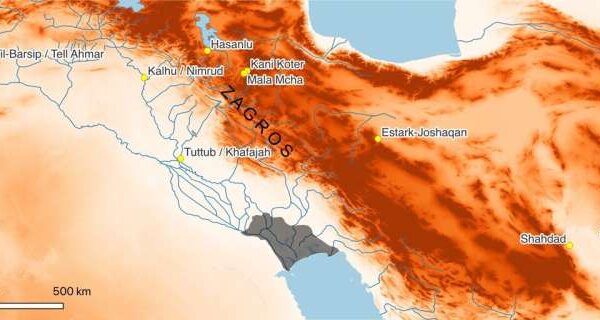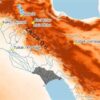A recent heatwave is threatening the health of approximately 91,000 individuals living with Alzheimer’s disease in Colorado. As temperatures soar to around 38 degrees Celsius (100 degrees Fahrenheit), the risks for this vulnerable population are escalating beyond mere discomfort. The extreme heat can lead to severe health complications, including dehydration, heat exhaustion, and even heat-related fatalities.
Alzheimer’s patients often struggle with cognitive functions and may not recognize the signs of overheating or dehydration. This can leave them particularly susceptible to the effects of high temperatures. According to the National Institute on Aging, individuals with dementia may have difficulty communicating their needs, increasing the likelihood of heat-related incidents.
Health Risks Amplified by Heat
The dangers of heatwaves are well-documented, but they are especially pronounced for those with cognitive impairments. The body’s ability to regulate temperature diminishes with age and is further compromised by Alzheimer’s. Many caregivers are now on high alert, encouraged to monitor their loved ones closely during this intense heat period.
In Denver, where temperatures have reached record highs, local health officials have issued warnings. They stress the importance of keeping Alzheimer’s patients cool and hydrated. “It is crucial to ensure that they remain in a cool environment, drink plenty of fluids, and wear light clothing,” said Dr. Sarah Thompson, a geriatric specialist at a local hospital.
Moreover, the strain on healthcare resources during extreme weather events can lead to delays in emergency care. This further complicates the situation for Alzheimer’s patients who may require immediate assistance.
Community Response and Resources
Community organizations are stepping in to provide support. Local charities and health agencies are distributing resources aimed at helping caregivers manage the heat’s impact on Alzheimer’s patients. These include educational materials on recognizing signs of heat stress and tips for creating a safe environment at home.
The Colorado Department of Public Health and Environment has also launched initiatives to educate the public about the specific needs of vulnerable populations during heatwaves. They emphasize that awareness and preparation can make a substantial difference in preventing heat-related emergencies.
As the summer progresses, the threat of further heatwaves remains. It is imperative for caregivers, families, and communities to take proactive steps to safeguard the health of those living with Alzheimer’s disease. With the right measures in place, the risks associated with extreme heat can be mitigated, ensuring that this vulnerable population receives the care and protection they need.



























































